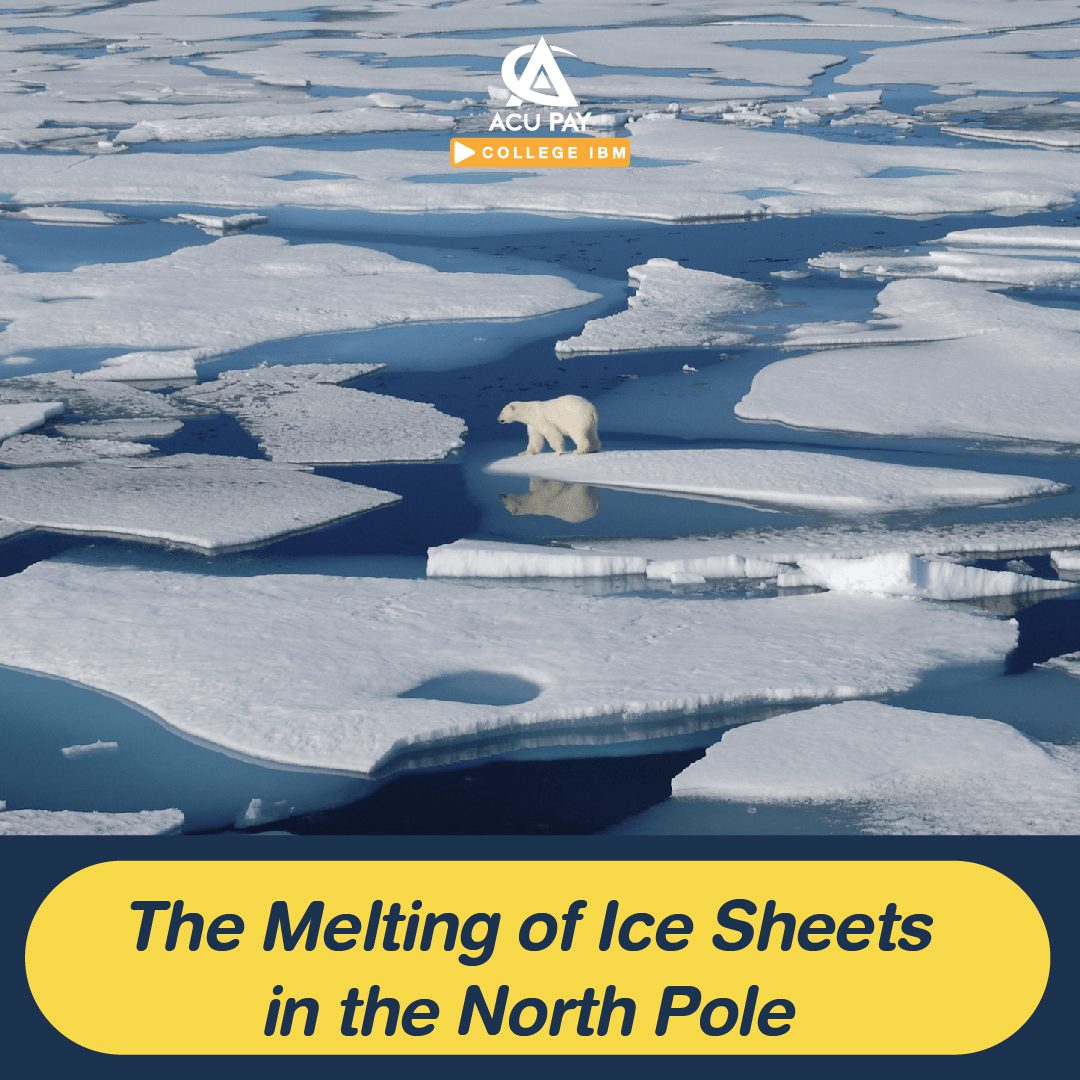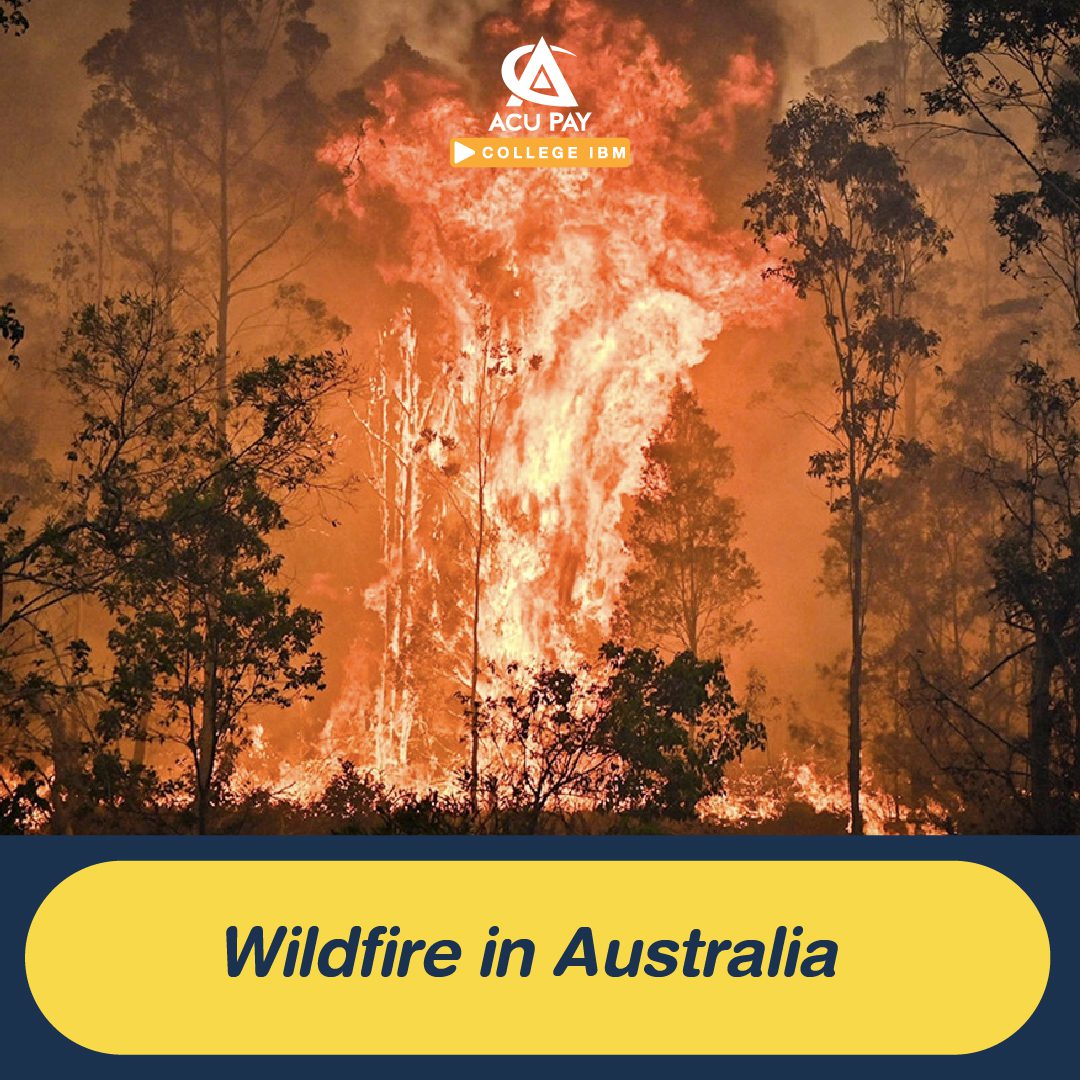

Three obvious examples of events are:

The impact of global average temperature increases causes the melting of ice sheets, increasing the risk of flooding in coastal areas and small islands. It also affects the ecosystem of polar animals such as polar bears and seals.

During the summer of 2019-2020, Australia experienced a huge forest fire known as “Smoke Forest Fire” or “Bushfires” that spread rapidly and were extremely violent. This forest fire destroyed millions of hectares of forest area, killing many wild animals and affecting air quality in the wide area, including the release of large amounts of carbon dioxide into the Earth’s atmosphere.

The Sahara Desert in Africa has expanded to what used to be agricultural and forestry areas, affecting agriculture and communities living in destroyed areas. The decline in green areas has caused water shortages and soil degradation, which has greatly affected the ability to grow crops and the livelihoods of people in and nearby areas.
Global Boiling is a global problem that requires urgent, collaborative action from all sectors. Awareness and collaboration to reduce the impact of climate change is key to maintaining an ecological balance and creating a sustainable future for our planet.

MAKE A GREAT DAY WITH ACU PAY.